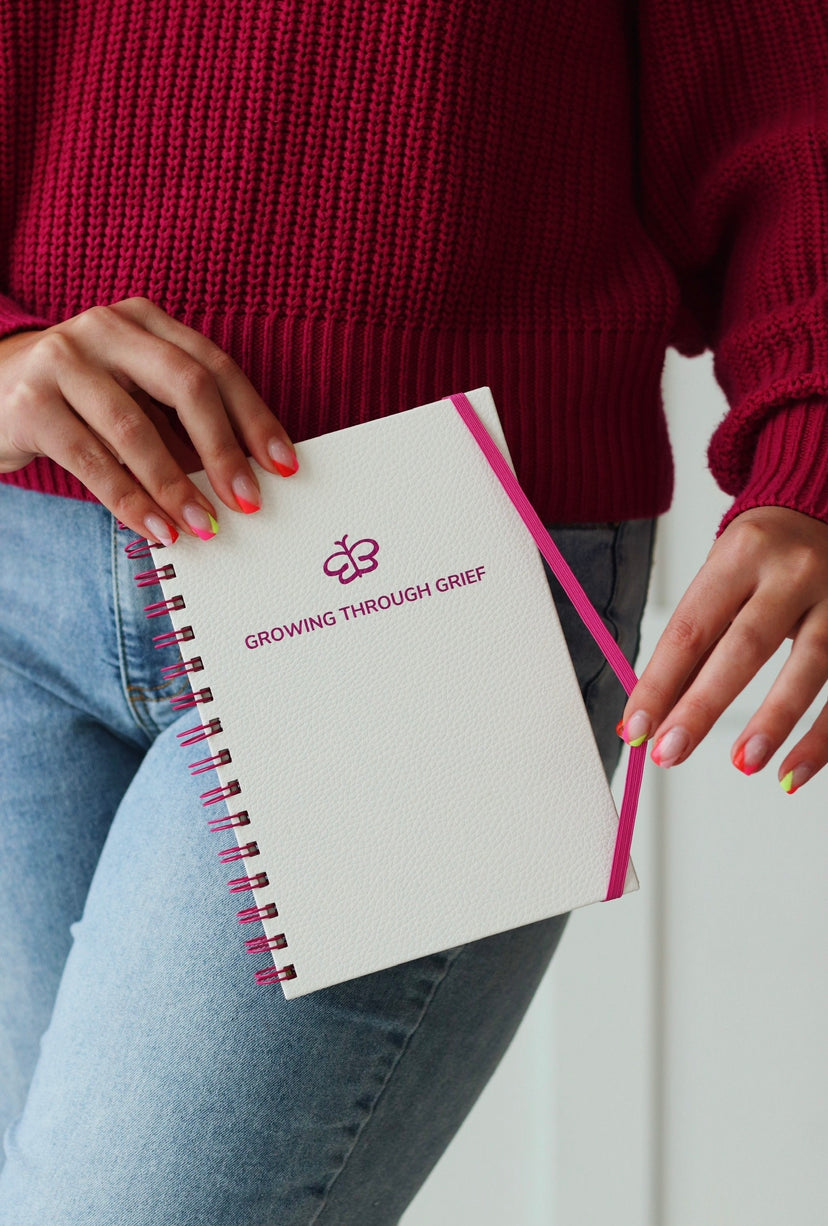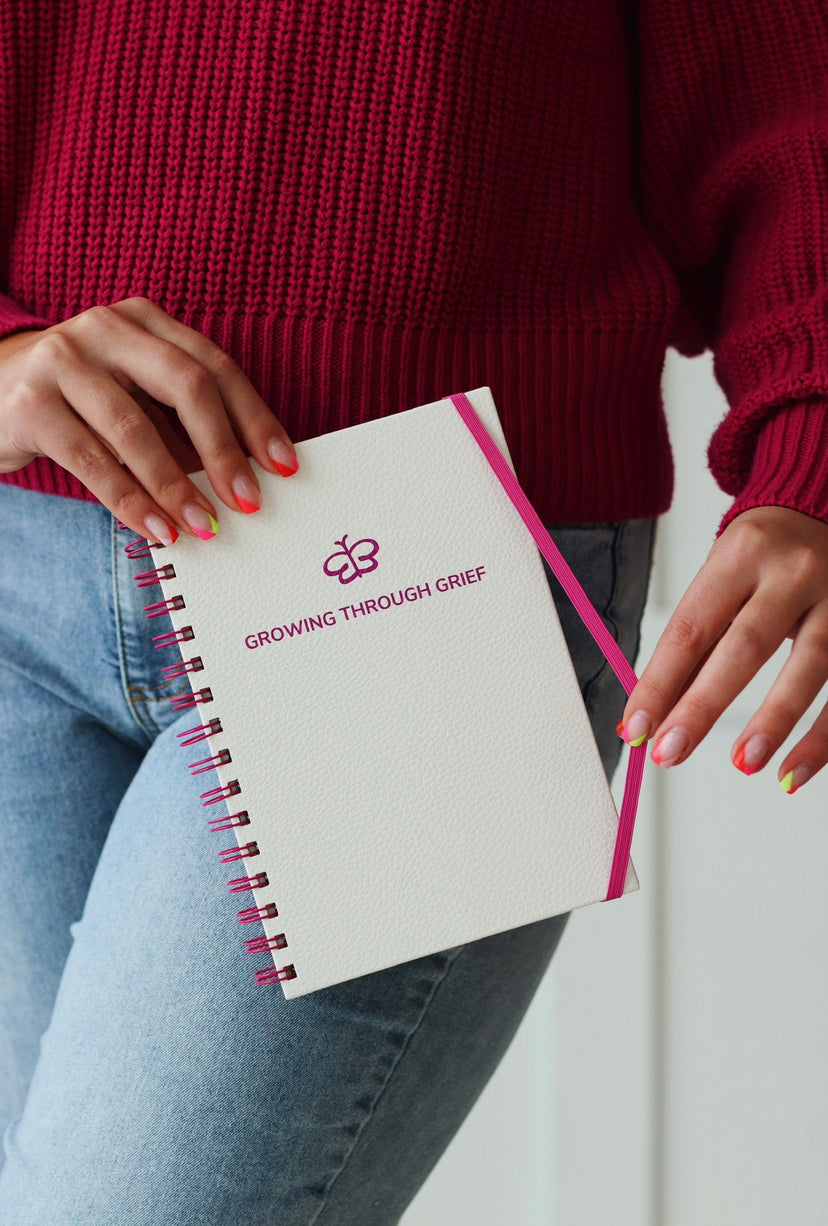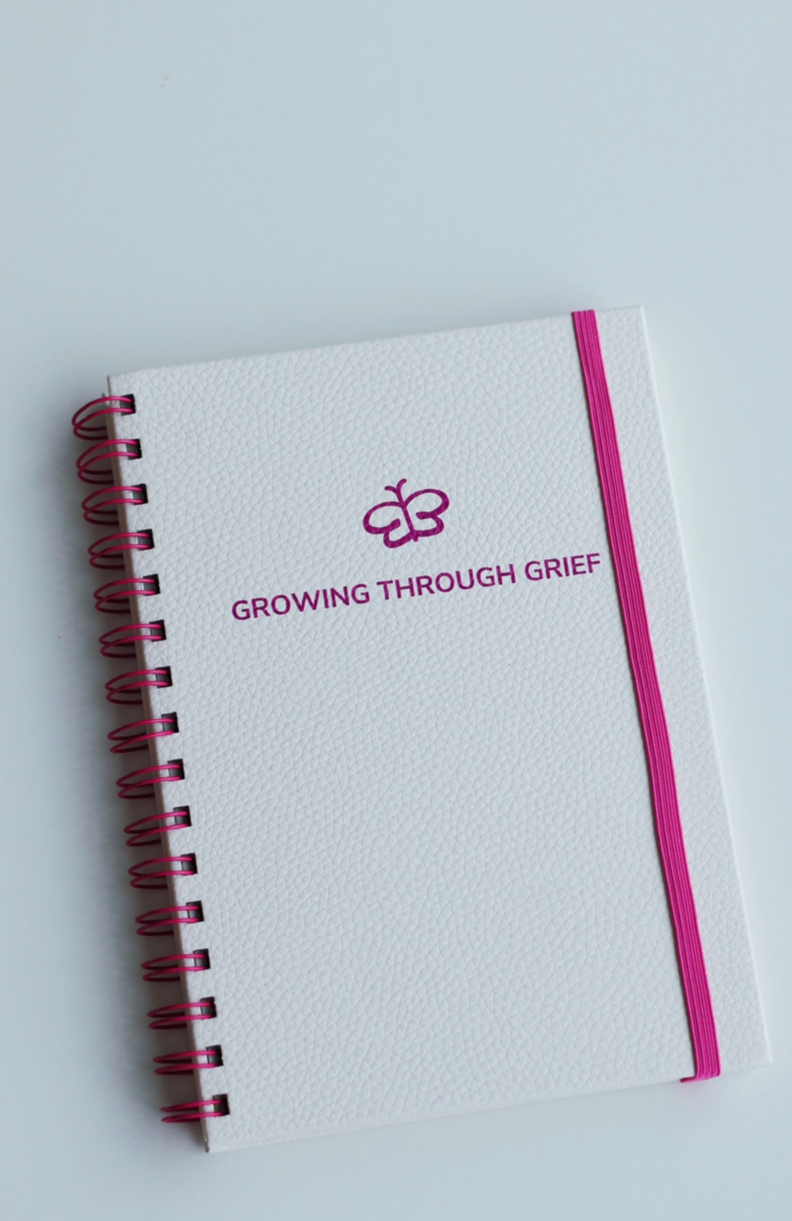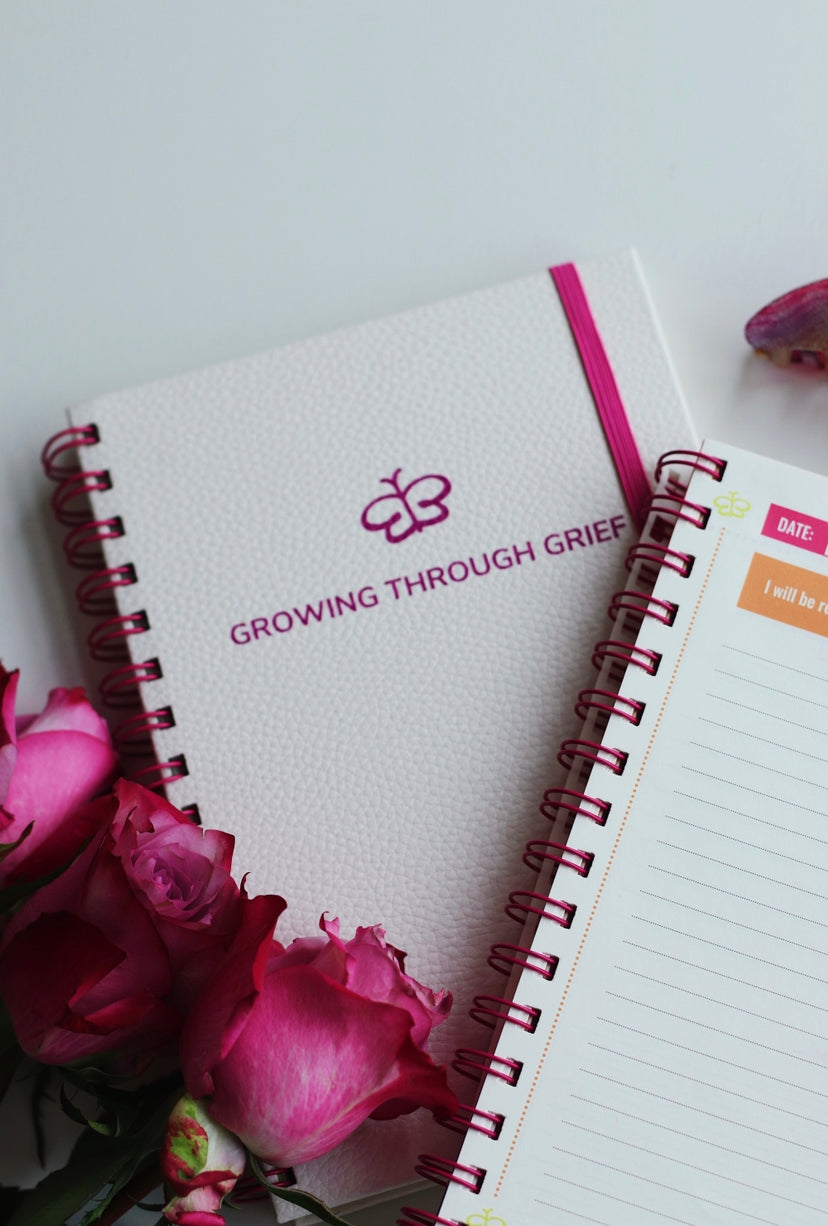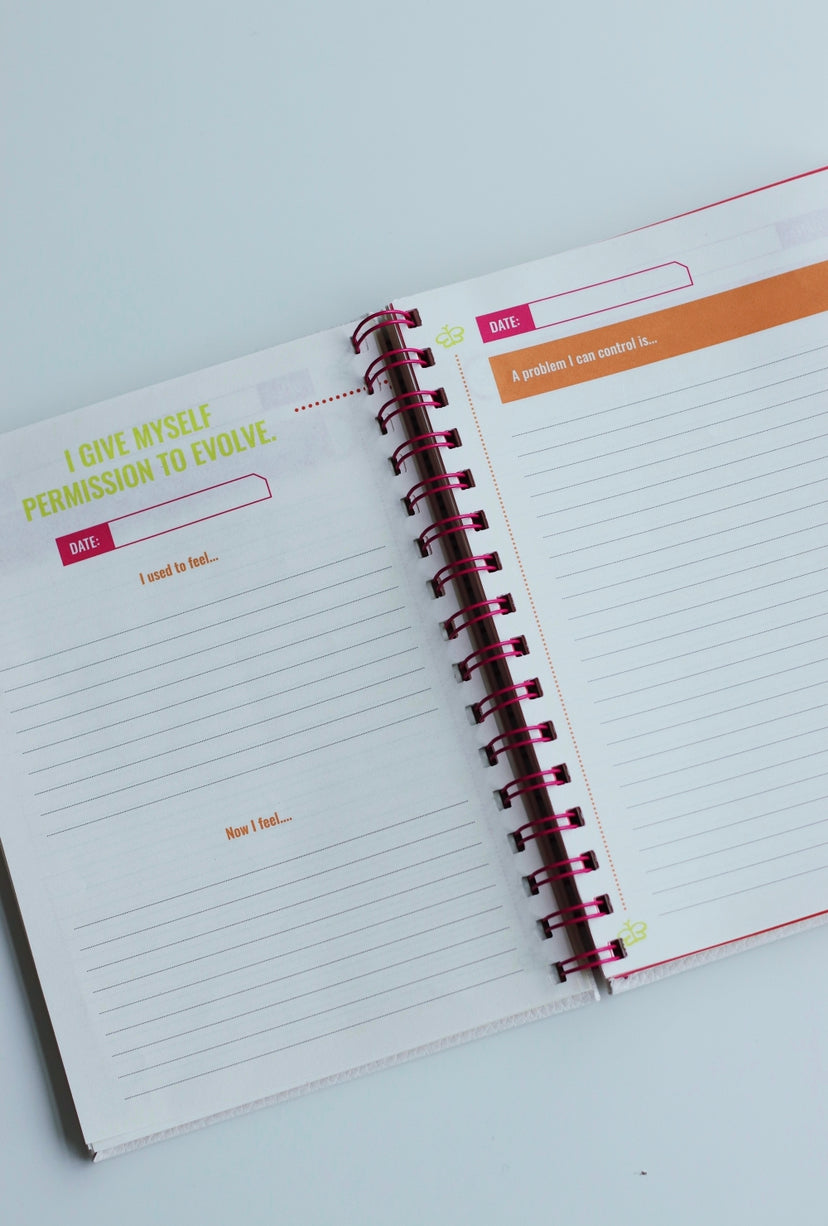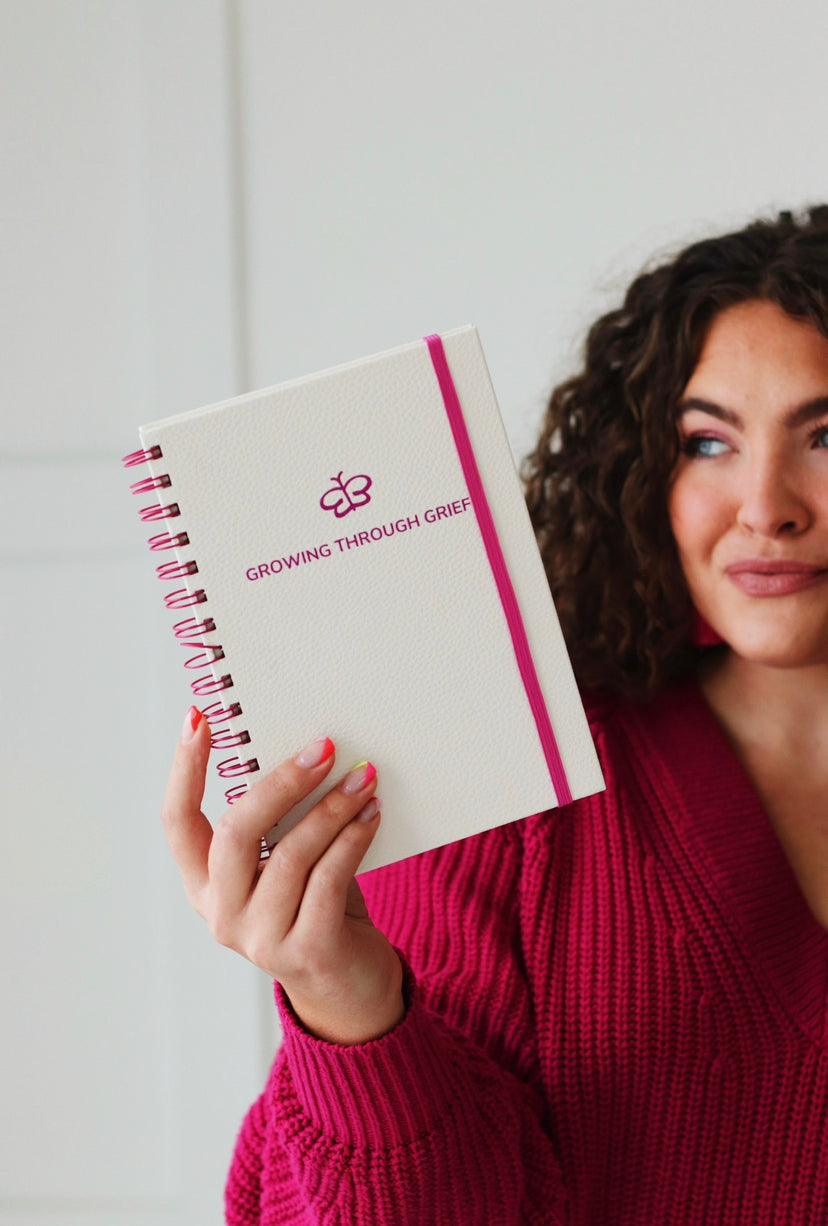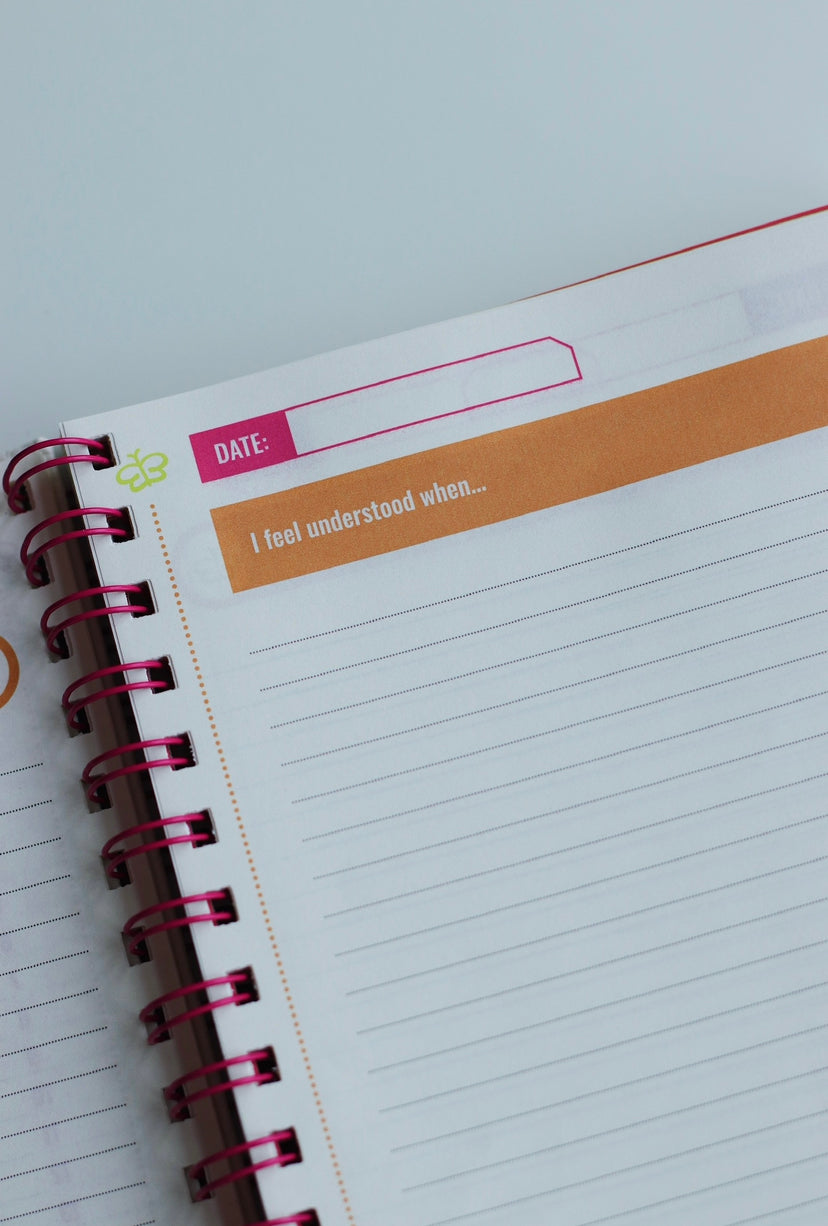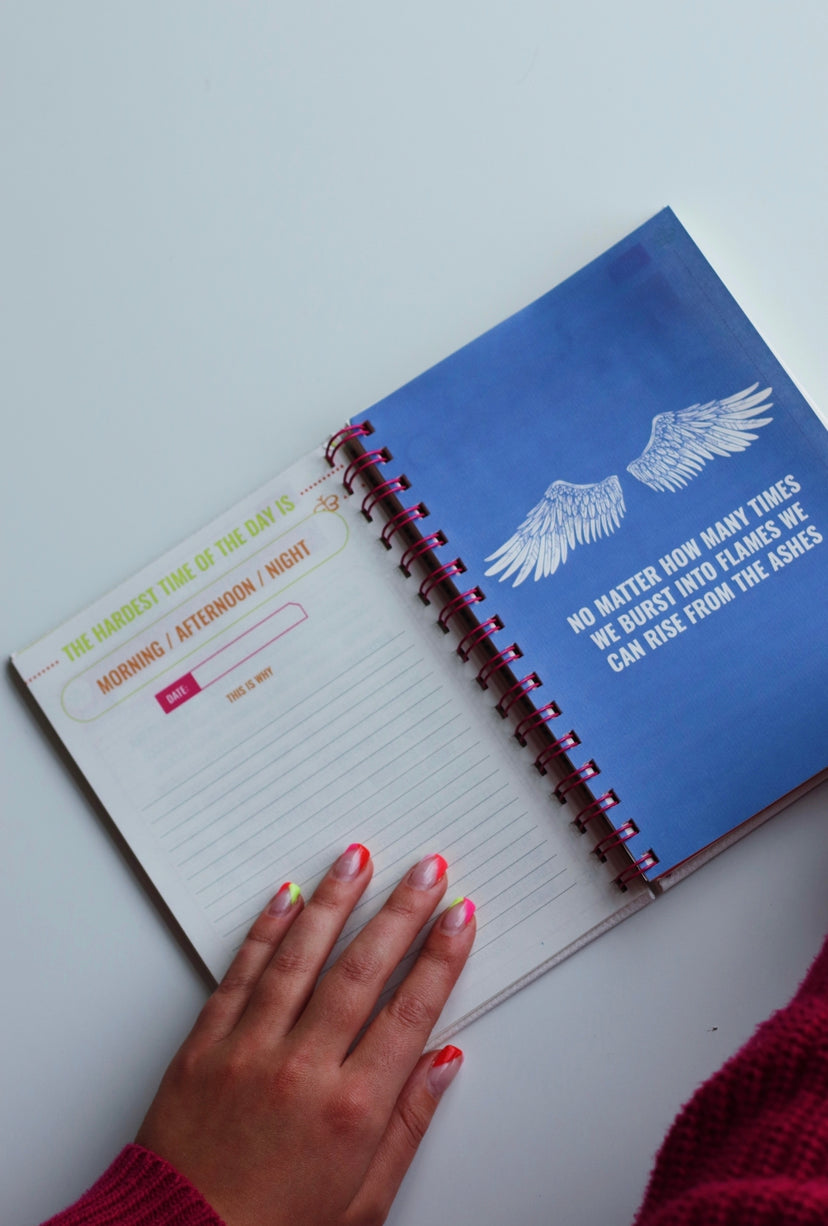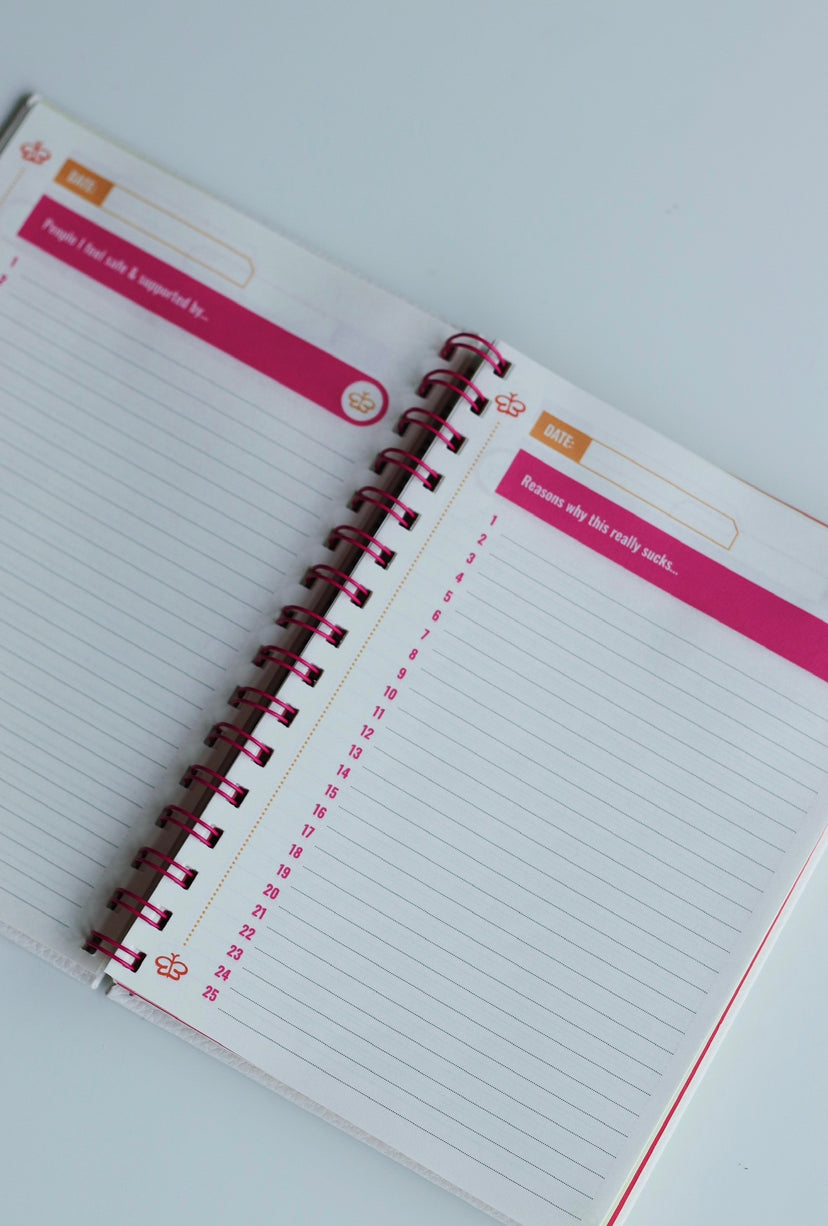Having a sibling with disabilities can be both rewarding and challenging. Our founder Lexie, is a sibling herself and passionate about creating supports for other siblings who live within the disability community.
While being a sibling to an individual with disabilities or special healthcare needs brings opportunities like compassion, empathy, and resilience, it also brings unique sets of responsibilities, concerns and emotions. Often overlooked, the siblings of individuals with disabilities require support tailored to their needs. In this post, we delve into strategies and insights to navigate the journey of disabled sibling support, addressing both the joys and the potential traumas that may arise. We also offer free downloads parents can give to their children to help them navigate these unique needs.
Understanding the Dynamics:
The dynamics within families with a disabled member can be intricate. Siblings often experience a mix of emotions, from love and protectiveness to guilt, resentment, and even jealousy. It's crucial to acknowledge and validate these feelings while fostering an environment where open communication is encouraged.
Key Strategies for Support:
1. Encourage Open Dialogue: Create a safe space where siblings feel comfortable expressing their thoughts and emotions without judgment. Regular discussions with your children that are siblings can help address concerns, provide reassurance, validate them and help them feel seen.
2. Educate and Empower: Knowledge is power. Educate siblings about their brother or sister's condition in an age-appropriate manner. Children are perceptive, help them understand the unique family dynamics so they don't jump to conclusions. Understanding the disability can demystify it and promote empathy and acceptance.
3. Celebrate Achievements: Acknowledge and celebrate the achievements, big and small, of both the disabled sibling and their siblings. Recognizing their efforts fosters a sense of pride and inclusivity.
4. Provide Individual Attention: It's easy for the needs of the sibling with disabilities or medical complexities to take center stage, but it's essential to carve out one-on-one time with each sibling to nurture their unique interests and talents. It doesn't have to be anything big. Little moments of one-on-one time can make a huge difference.
We created a FREE Sibling Support Journal. You can download this freebie, print it out, and take time to explain how the journal works for your children that are siblings. This journal is a place where siblings can express any feelings they have without shame or guilt. It's a great coping skill that siblings can use to self-regulate after stressful or traumatic events with their sibling.
5. Seek Support Networks: Encourage siblings to connect with others who share similar experiences through support groups, online forums, or therapy. Knowing they're not alone can be incredibly comforting. Look for Sibshops in your area. Our Founder Lexie is a Sibshop facilitator and highly recommends these sibling support groups for other siblings.
Supporting siblings of individuals with disabilities is a multifaceted journey that requires patience, empathy, and proactive engagement. By fostering open communication, providing tailored support, and addressing potential traumas, families can create a nurturing environment where all members feel valued and supported. Remember, the bond between siblings is resilient, and with the right support, it can flourish amidst the challenges.
HERE is another chance to download the free sibling support journal.


